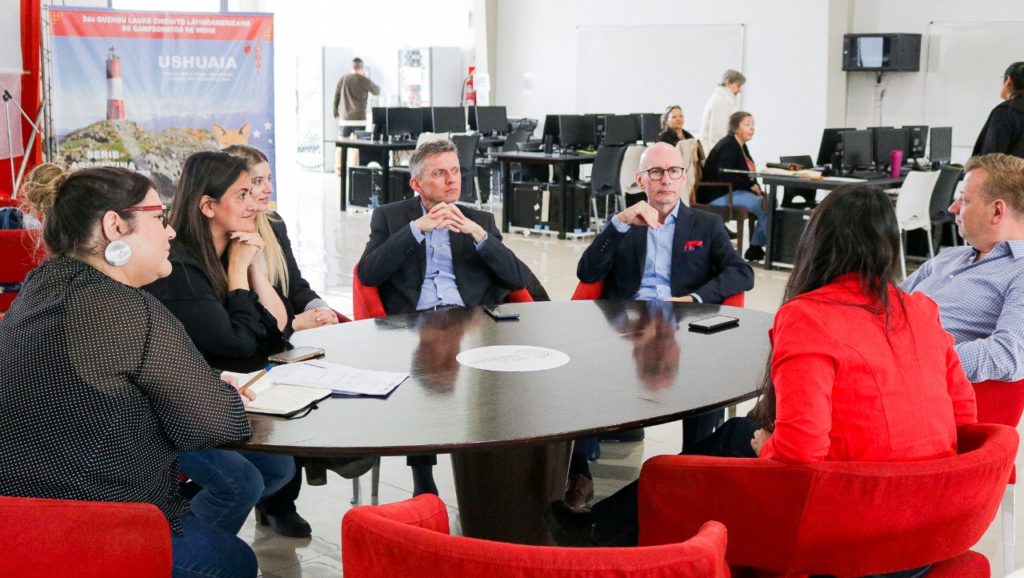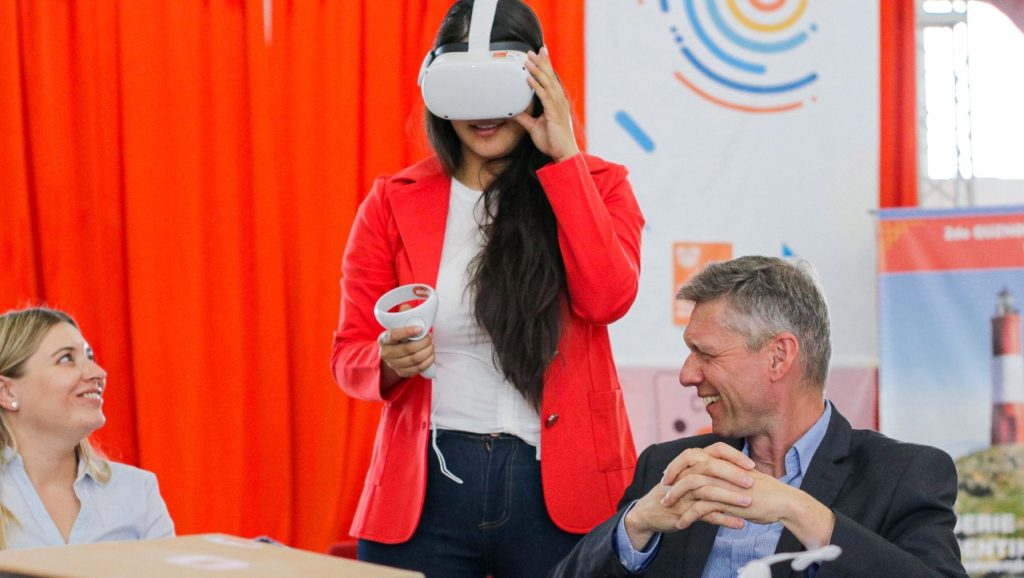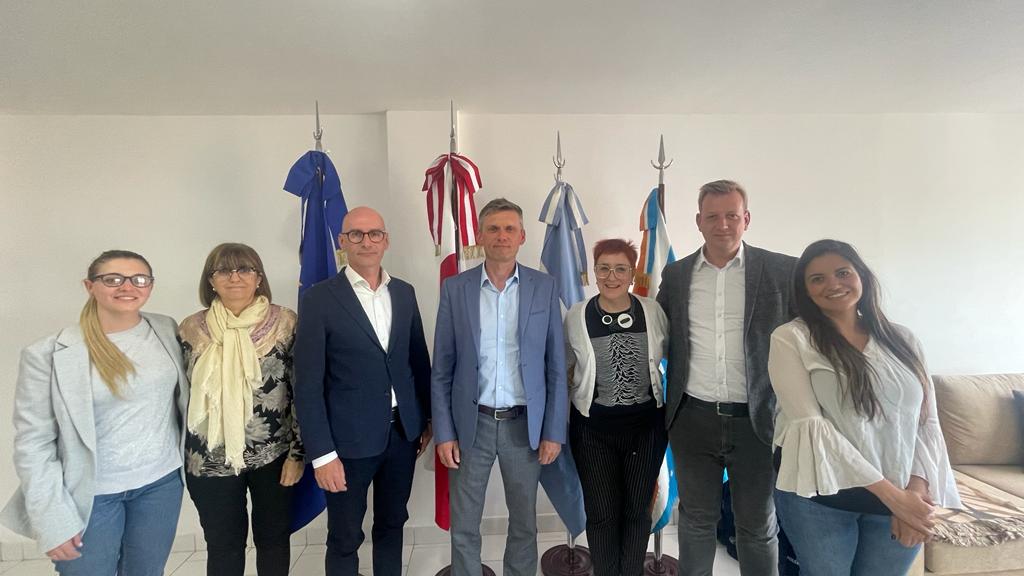As part of the cooperation activities between the Province of Tierra del Fuego (Argentina) and the Opolskie Voivodeship Region (Poland), a delegation of three government officials from Opolskie carried out a study visit to Tierra del Fuego province (Argentina) from Monday, November 14th to Wednesday, November 16th.
During the study visit to Tierra del Fuego, Opolskie’s delegation had the opportunity to know first-hand about the regional innovation ecosystem development of Tierra del Fuego, particularly regarding the regional strengths and skills of such a particular region in the world, located in the extreme south of America; some of the natural resources available in Tiera del Fuego are unique in the world and their management and exploitation need to be sustainable and efficient.
Prior to the study visit, a series of activities were developed to introduce the strengths and capacities of each region. In October, Tierra del Fuego developed a visit to Opolskie to get in contact with the Polish regional ecosystem and know how the RIS4 strategy was implemented in the region. After that, some one-to-one meetings between universities were developed to promote cooperation activities and student or researcher exchange and collaboration in the future.
Moreover, the visit to Tierra del Fuego was an opportunity for Opolskie’s delegates to get in contact with Tierra del Fuego’s universities and some private companies working on the development of digital skills in the working force and in society.
On the other hand, the main industrial and productive capacities were presented, some of which already include sustainable activities to promote the reduction of CO2 emissions and the reuse of waste and by-products. Additionally, Opolskie’s delegates met the key local government actors in charge of the definition of strategic policies and initiatives in education, production, and sustainability.
In the meantime, the cooperation will continue with the definition of insights from the two study visits and the development of some additional one-to-one meetings between key stakeholders. The goal is to extend the cooperation in the long term and implement some common projects in strategic fields such as Research & Development, Sustainability, or Digital Skills (Education).


The IURC program is the second phase of the International Urban Cooperation Program (IUC, 2016-2020) with the objective of leading and fostering urban and regional international cooperation focused both in urban, sustainable urban and regional development. The program supports the development of pairings between cities, on the one hand, and regions, on the other; these pairings include one EU region and a counterpart region from of the following Latin American countries: Argentina, Brazil, Chile, Colombia, México and Perú. Therefore, an international network of 24 cities and 20 regions has been conformed.
Keep updated about IURC in:
Author: Martin Gandolfo
November 22, 2022
